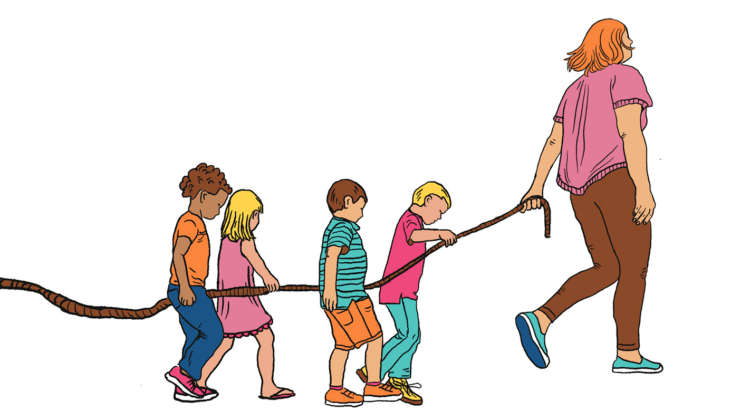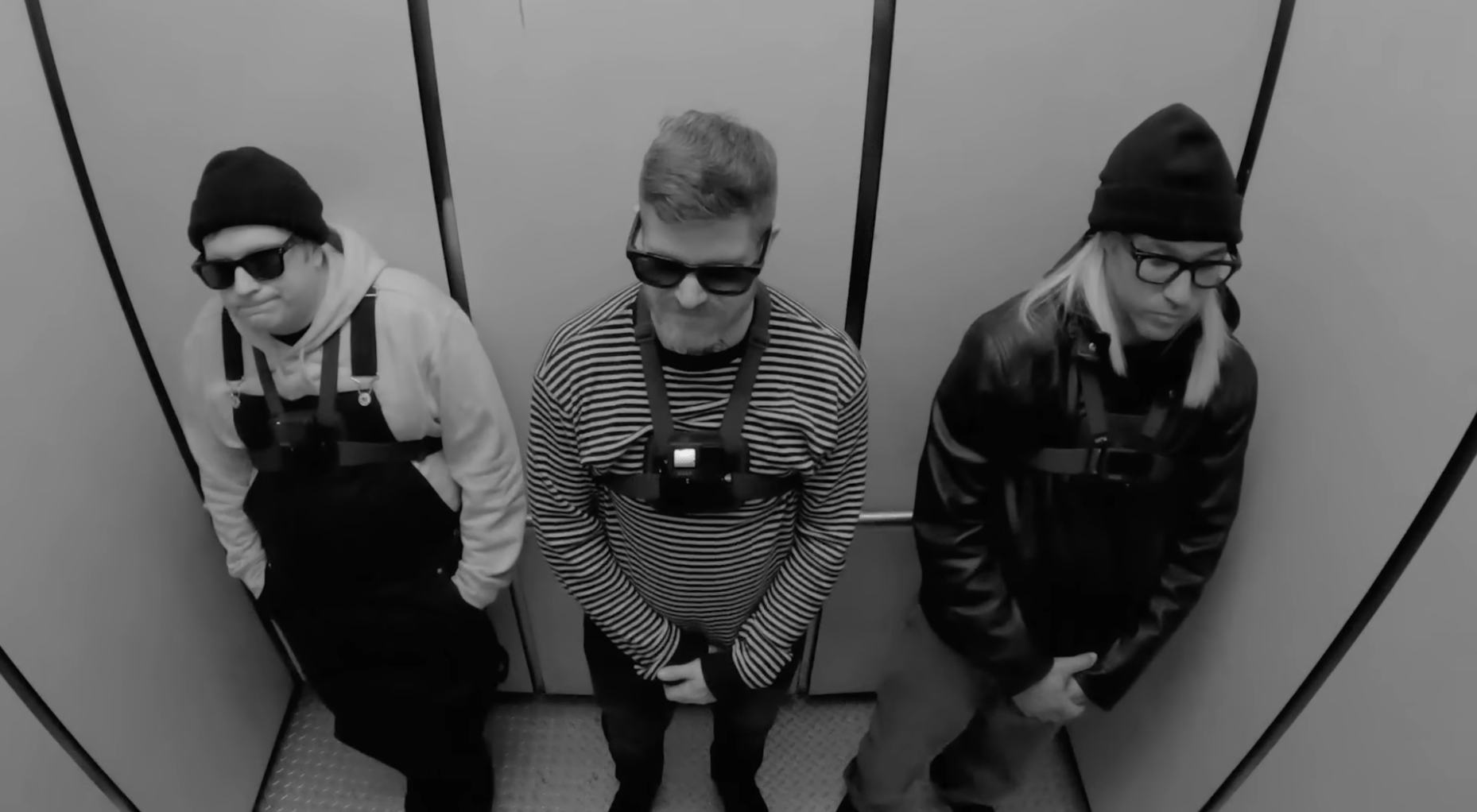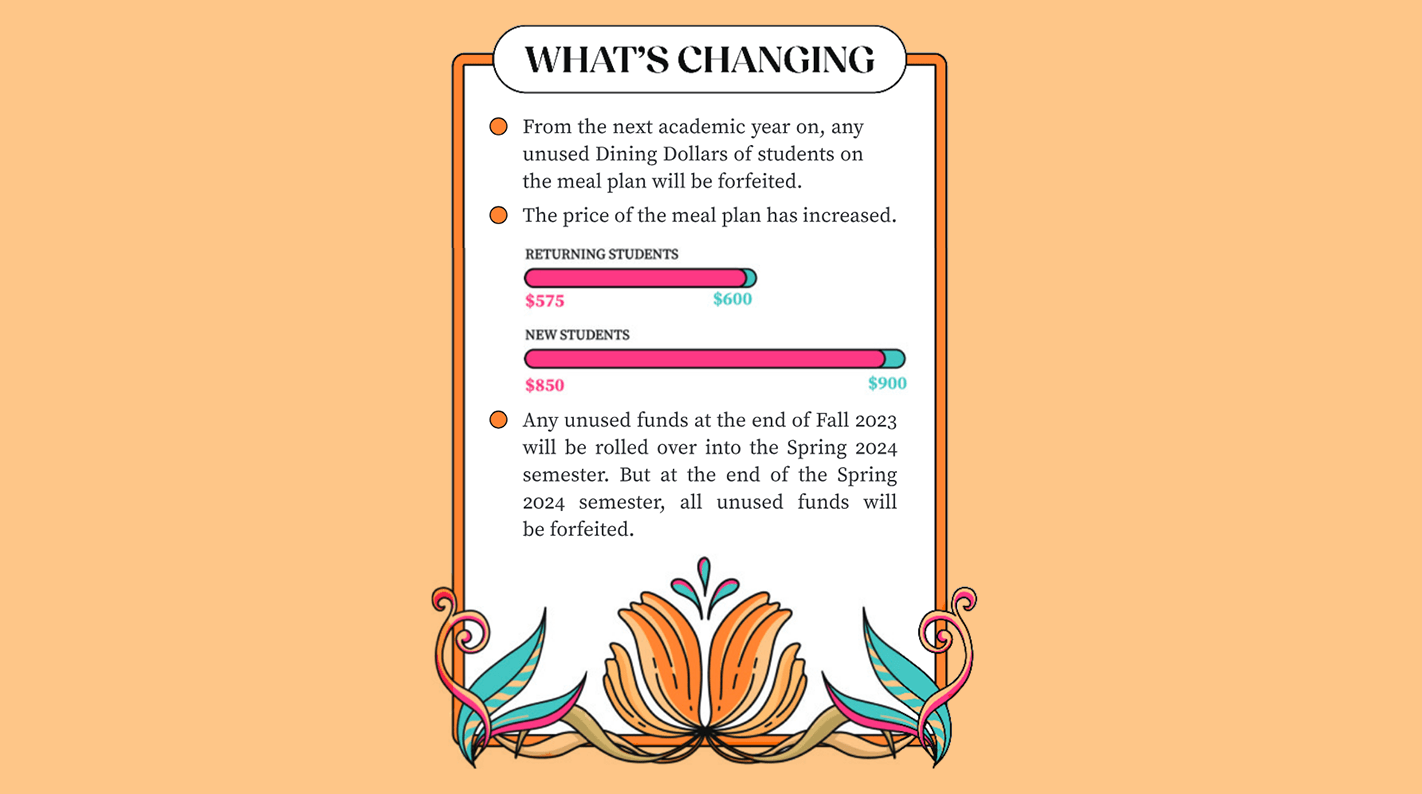
After the school shooting in March at Covenant School in Nashville, Tennessee, I reached out to a good childhood friend of mine who’s been teaching in London, England as a primary child intervention specialist since August 2022. I called her because I missed her; I hadn’t spoken to her in a while, and the seven-hour time difference wasn’t helping.
“I guess,” I said, “I would like to know if you’re happier there. You know, considering…”
We agreed to talk more on my Monday morning, her Monday evening.
Eliza: What are the major differences teaching [in London] versus teaching here?
Jennie: Honestly, the most major one is that when I’m teaching outside the U.S., I don’t have to plan my escape route and how I get all my children out of the building if there is a school shooter. It is something that seems so silly and kind of as if it’s a joke, but I didn’t realize the weight it had on me until I could walk into work every day and not have that weight on my shoulders.
E: That’s heavy.
J: It’s so heavy. That’s the honest answer. When I think about it … I know there’s a school shooting in the U.S. because I see all my friends posting about it, about school shootings, about when it will be enough, and that lets me know that there’s been another one. And I’m thankful every time it’s not something I have to fear working here. And that’s me working in one of London’s most dangerous areas. And I still don’t fear for my life the same way I did in one of the safest places in America. Is this what the interview is about?
E: It’s part of it. I’m glad I didn’t have to ask you so directly.
J: Oh my god, I answered it head-on. When the reports started coming out about what happened in Tennessee and everyone was posting about it, all the posts were vague and didn’t directly state what happened. But I knew. That’s how often it happens. When my friend came to visit me, I told him there were zero school shootings here, and he didn’t believe me, but I kept telling him, no, they don’t happen, because guns aren’t really a thing here, and even when they are or there’s something that comes up … it doesn’t happen in school because that’s f***-ing weird. Nowhere else that happens because that’s a weird f***-ing place to shoot up.
E: When you come back [to the U.S.], are you going to continue teaching?
J: I might teach. The only reason I wouldn’t would be because I’d want to be a Child Life Specialist, just be- cause that seems like a fitting career for me … but I also like teaching math so … It’s a weight I’d have to carry again, but it might be worth it to be close to my friends and family and everyone I love and just be back home. It sucks that I’m frontline as a teacher, that I’m just as at risk as people in professions that are expected to get shot at, like police officers.
As we talk, Jennie and her flat roommate make cauliflower nuggets, casually, with a ranch sauce. They sip wine and laugh. Discuss if they need more butter in the sauce.
E: I find your background interesting, coming from a place like Chicago with a high crime rate, and moving to another place that also has a high crime rate, but that you still feel safe in because guns are illegal.
J: I never felt at risk walking around in the city than I did in school. The suburb we lived in was rated as one of the safest places in America, but I’m sure that’s since changed considering what happened in Highland Park [on July 4th]. People would ask me what it’s like to live in Chicago, and I would respond that I lived in a suburb, one of the safest suburbs, but just before I moved here the Highland Park shooting happened, and it made me realize that nowhere in our country is safe.
Around a half an hour into our conversation, Jennie and I talked about the high school we grew up in.
E: Wait, he shot her?
J: Yes — dude, the kid shot the teacher. The teacher got shot.
E: No way.
We then discovered that we were mixing up different school shooting incidents.
E: Oh. We’re talking about different ones. What an American thing to say — which school shooting are you talking about? Yeah, I think you may not have heard of it because our school was so large, basically a college campus, our school was able to section of their buildings when it came to evacuations. But it’s interesting to think about these situations when they happen in smaller schools, where you would have to get everyone to leave.
J: Yeah. Especially when I worked with young children with autism. When we practiced the drills I told them, “when pirates attack, we have to go to this location, to get to the treasure before the pirates!” And that’s how I got them out of the building. I had to turn it into a game. I would tell them I would let them know if pirates ever invade. I showed them “the treasure map,” which is just where our alternate location was, a mile away from the school. That’s how I got children with autism to follow directions so that if there was an actual emergency they wouldn’t shut down.
She shouts to her roommate that dinner is ready.
E: I feel like we talk about these things, like school shootings or even health benefits for teachers, casually. But I’m unsure if it’s talked about casually where you are.
J: No, it’s not. It really upsets people when I talk about it. I talk about it casually, because it’s such a normal thing. I have to be thoughtful of how I speak about it. They get very uncomfortable.
E: Some people want to make it legal for teachers to carry.
J: Absolutely not. That’s not my job. Respectfully, I didn’t sign up to hold a firearm. My job description doesn’t involve that. Don’t put that burden on me. If no one learned from Highland Park, the streets could literally be lined with police, and it wouldn’t stop a man who has a wish for death.
E: Do you have drills at your school?
J: Only fire drills. And that’s where the conversation came in with my coworkers about school shooters. I was telling them that we have two different kinds of school shooting drills. They were in disbelief.
E: I suppose I’ll end on some regular questions about happiness. I think I can make the assumption that when you were teaching here you were unhappy.
J: (laughter) I’m way happier here.
E: Tell me some nice stories.
She did tell me stories. Stories about how her kids interact with kindness and acceptance towards each others’ diversities, and that her biggest worry in class is making sure that her kids have tissues. She takes students struggling with tests on secret missions to get the answer right the next time, with prizes like “the limited edition rainbow smiley face sticker.” She’s one of the best teachers I know, going above and beyond for kids that face academic stigma. I want her back here. I don’t. I do. I think about those pirates. I don’t. I do.
J: Did I tell you I’m staying for another year?
E: Oh! Yay!
J: Yay!







